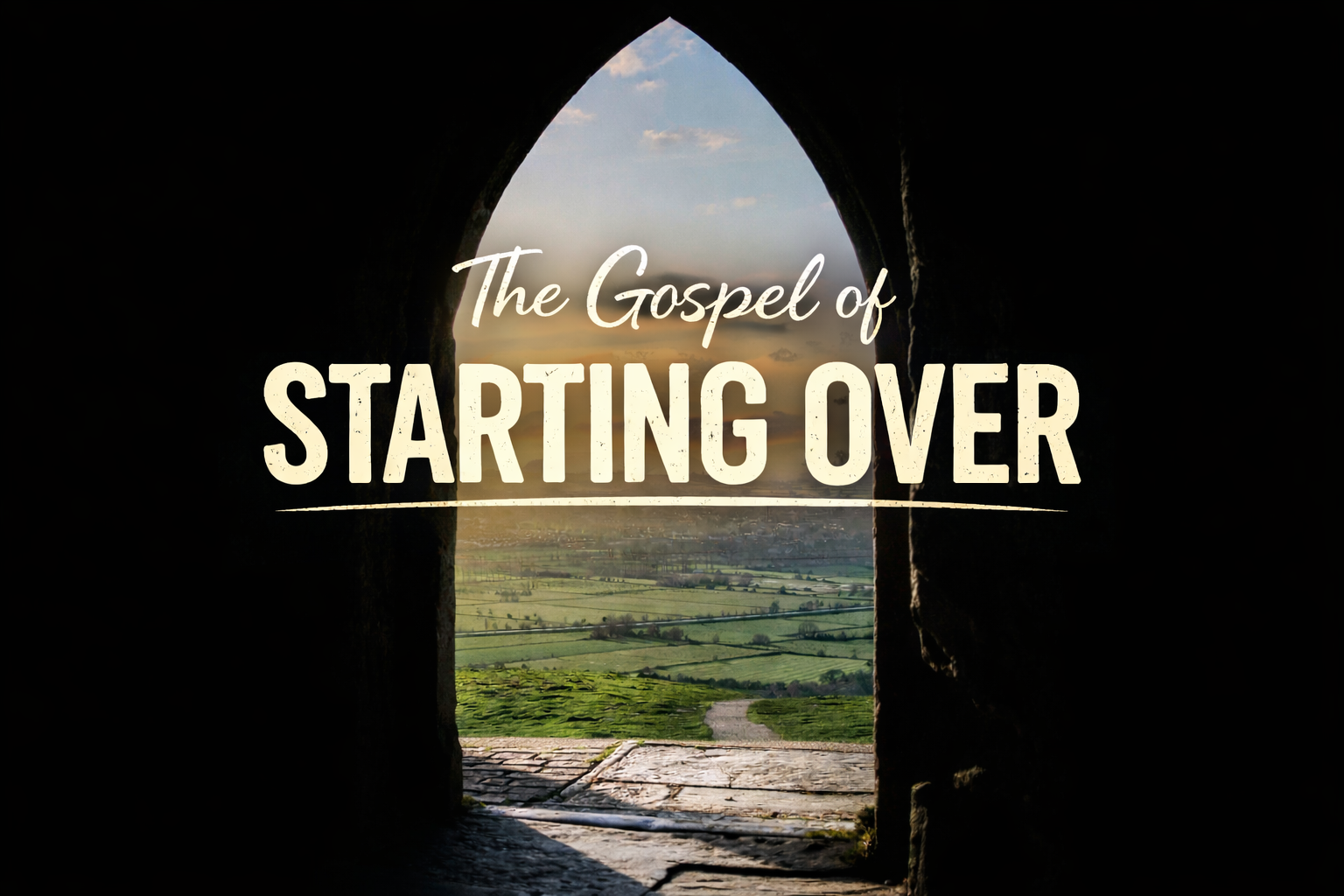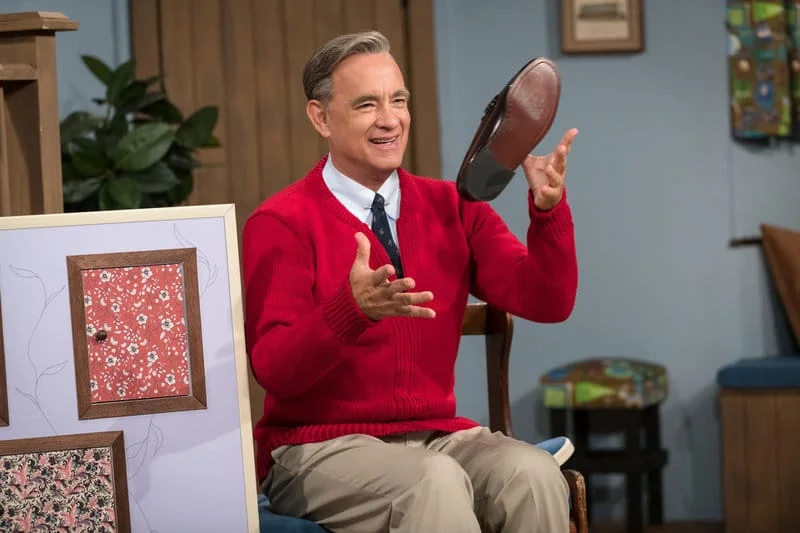This year I was drawn to movies that tried new things or told stories I hadn’t seen before. There ended up being multiple autobiographical films in the bunch, reflecting writers/directors going to places of vulnerability and authenticity. I have always loved the way movies can help us make sense of our stories or enter into the experience of others. All of these do just that.
- Endgame
I had my issues with Endgame, which I wrote about. But I also think Marvel accomplished something really difficult, which was to create a (mostly) satisfying finale to an intricate and beloved franchise. The expectations were incredibly high, and they delivered. I’ll write more about the Marvel saga in my top ten of the decade, but for now Endgame deserves some recognition.
- Frozen 2
The music is still pretty good, the cast receives some welcome additions, sisterhood remains strong, but Frozen 2 is about much more than that. At its heart, this installment is about the treatment of indigenous peoples and confronting our past. It’s about interrogating the narratives we’ve been given about who is in power and why. About reexamining relational dynamics and shared history. About willingness to make sacrificial changes in order to resolve deep wrongs. And about not being able to move forward until we tell the truth about history. Frozen 2 was much edgier than I expected, and much more impactful as a result. Disney still fell short in some of the voice casting, not matching the ethnicity of the characters with that of their voice actors. But they also took some better steps to incorporate and honor the input of Scandinavian indigenous artists and historians. All in all, putting forward some important lessons for the next generation.
- Waves
What is it like to be young and reckless? How does it feel to be at once invincible and also deeply fragile? How do we process the impact our actions have on others? How do we move towards forgiveness? Waves is a family drama that beautifully explores these questions. Helmed by a stunning cast, the family navigates the volatility of their teenaged son’s dating relationship, multiple forms of loss, anger and rebuilding. The first half is frenetic and chaotic, embodying recklessness, anger and fear. The second half is quiet, withdrawn, cautious. It’s a look at what can break a family and what can hold them together.
- Queen and Slim
On the surface this movie is about police violence against unarmed black people, but it quickly becomes an exploration of the breadth of the black community. From the emerging creative powerhouse of Lena Waithe, this first screenplay takes the catalyst of a police shooting and uses it to launch a complex story about survival, community, vulnerability, protest, and nuance. As the title characters (played deftly by Daniel Kaluuya and Jodie Turner-Smith) go on the run, they must learn to trust each other and observe the complexity of the black community’s response to their situation. It has generated mixed reactions from audiences, but it is undoubtedly unique and poignant.
(Content warning: the film contains an explicit sex scene. The encounter is tender and is used in the story to convey healthy vulnerability and trust. However it will not be appropriate for all viewers.)
- Honey Boy
I have seen a willingness and I believe a level of courage in Millennials to confront our past traumas and work towards emotional/mental health. That often includes processing the trauma of one’s parents, both theirs and the ones they have inflicted. Honey Boy does this is an unprecedentedly vulnerable way, with writer and star Shia LaBoef playing his own father. In a semi-autobiographical take on his own experiences, the story is set during what very much resembles the Even Stevens era, overlaid with his young adult stay in rehab. Young LaBoef is playing heartrendingly by Noah Jupe and the young adult version by Lucas Hedges (who, can we just acknowledge somehow ends up in all indie darlings?!) LaBoef literally steps into his father’s shoes and his perspective, embodying all his toxicity and abusive behavior, all his volatility and unrealized dreams. It is an emotional and disturbing story. It is also a brave exploration of the humanity of our parents. LaBoef demonstrates unflinching honesty combined with generosity towards his emotionally broken father and his isolated childhood self. That is the journey of healing, honesty and generosity. Honesty to name that which was deeply damaging, and generosity to also name the ways we all do the best we can with what we’re given at the time. We get to be witnesses to LaBoef’s process of healing, and we might be inspired to keep engaging our own healing along the way.
- Little Women
First of all, there’s very little I can say that hasn’t already been said by Be Kind Rewind in her excellent video comparing the 4 primary iterations of this beloved classic (contains spoilers). But I loved Greta Gerwig’s adaptation! The book is split into two parts, following the March sisters as children/teens and then as young women. Gerwig splits the timeline in the film to place events side by side rather than strictly chronologically. This will be startling for some who are used to the previous adaptations, but it lends more depth and insight into why their lives and decisions develop as they do. The scenes of childhood are shot with a golden glow, while the more challenging and somber adulthood scenes have a colder and flintier feel. Gerwig taps into the angst so many young people feel about becoming adults and leaving behind the carefree ways of youth. We get to watch Jo experience that same transition and navigate her process of owning her life and her future and her art and her place in the world. It is a much-needed window into the difficulties of young adulthood and also the rewards of taking risks and pursuing meaningful relationships as an adult.
Gerwig clearly has a deep respect for the source material and the life and work of Louisa May Alcott. She blends more elements of Alcott’s real story into Jo’s arc, which was already semi-autobiographical. Alcott was an abolitionist (her family participated in the Underground Railroad and she even met Frederick Douglass), and she remained unmarried. Those themes are subtly worked into the film, giving it a more robust reflection of the original author and allowing Alcott to express what she was unable to during her own cultural/societal time. Gerwig also totally reimagines Amy, retaining her childishness in early life but allowing her character to demonstrate more complexity and purpose. Florence Pugh plays her perfectly, and nearly steals the whole movie which is quite a feat considering the already all-star cast. The relationships between the sisters take on new warmth and vibrancy in this version, their interactions are bursting with life and love. It is a lovely coming-of-age story that will inspire both men and women to take hold of the things that matter most and engage life with courage and hope.
- Parasite
Let’s take a minute to talk about how South Korean filmmakers are creating some dynamite movies! From the twisty and insightful Burning last year (available on Netflix, check the content guide for viewer discretion) to this year’s stunning festival favorite, Parasite, South Korea is asking big questions about class, income inequality and the role of Millennials in society. Parasite works best if you don’t know much about it, so I’ll let the film speak for itself. Suffice it to say that it’s a drama/heist/thriller genre-bender about a poor family and a wealthy family, how their lives intersect, and how social class impacts the ways we live and treat one another. Ivan wrote about its unexpected parallels to Downton Abbey, check out his review and don’t miss this wild work of storytelling.
- The Last Black Man in San Francisco
I wrote extensively about why this film is so powerful in my review earlier in the summer. This is a semi-autobiographical story about a young black man in San Francisco who is wrestling with themes of ownership, belonging, home, gentrification, and what it means to be part of a place. It is beautifully filmed and acted, and stuck with me long after the credits rolled. It had a relatively short theatrical release so check it out streaming on Amazon Prime.
- The Farewell
What started as a This American Life episode became a powerful film about family and culture. Written and directed by LuLu Wang, (also semi-autobiographical) The Farewell follows a young first generation Chinese-American woman (played wonderfully in a dramatic turn by Awkwafina) who travels back to China with her parents to visit her grandmother who has just been diagnosed with cancer. The thing is, her grandmother doesn’t know about her diagnosis and it is Chinese tradition not to tell her. The family all knows and invent a reason to all gather and, unbeknownst to her, give her their last goodbyes. The film is an exploration of the experience of being bicultural, trying to find out where you fit and what you want to embrace and what you want to reject. It’s about the loneliness and potential isolation of being separated from your family in a new culture. It’s about family and the ways we carry one another’s burdens. It’s about seeing the value in what initially feels foreign but is driven by a deep commitment to connection and selflessness. Now available to rent or buy, make sure to check this one out.
- A Beautiful Day in the Neighborhood
I was reluctant to see this one. I LOVED the Mr. Rogers documentary, Won’t You Be My Neighbor and had a hard time believing anything could top it. But director Marielle Heller proved me wrong. Rather than broadly being about Mr. Rogers, Beautiful Day draws from Fred’s real life friendship with journalist Tom Junod which began when Junod interviewed him for an Esquire profile in 1998. You MUST read this incredible piece which moved me to tears multiple times, and the follow-up that he wrote this summer in advance of the release of the movie. Junod was a man struggling with anger and bitterness, and Mr. Rogers changed him forever. The film follows their meeting and the ways that Fred chose Tom to be his friend (renamed Lloyd Vogel for the movie) and entered his life. The film is loosely formatted like an episode of Mr. Rogers Neighborhood, and Tom Hanks does a wonderful job of capturing Fred’s personality and aura. Heller has said in interviews that one of her hardest jobs as director was to get the actors to slow down to Fred’s pace of life. His conversation and relating were so slow and deliberate, making whoever was in front of him feel important. Hanks translates the look of delight that would come to Fred’s face so easily anytime a person did something that was significant to them and that they wanted to share. But the movie is not just about Mr. Rogers, but about the impact of who he was and the way he lived. To learn to process our anger and hurt so that we can move towards forgiveness and healing. (As he said, “If it’s mentionable then it’s manageable.”) To live with intentionality and compassion is to effect the people around you for the better. And I think Mr. Rogers would be the first to say that’s something all of us can do.




